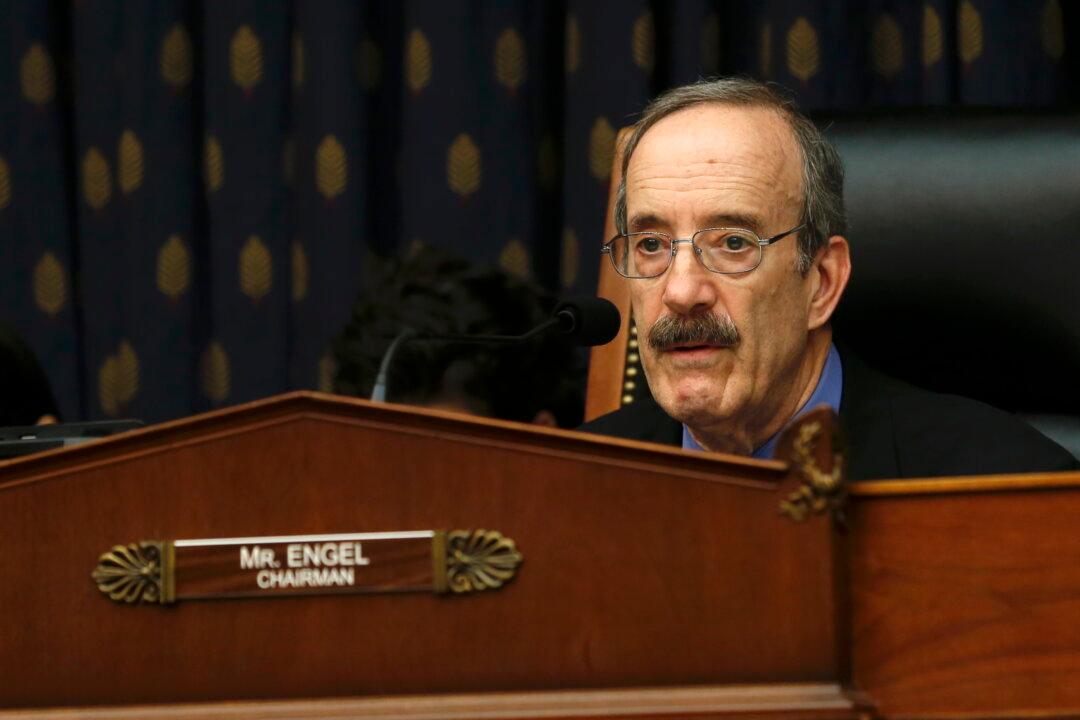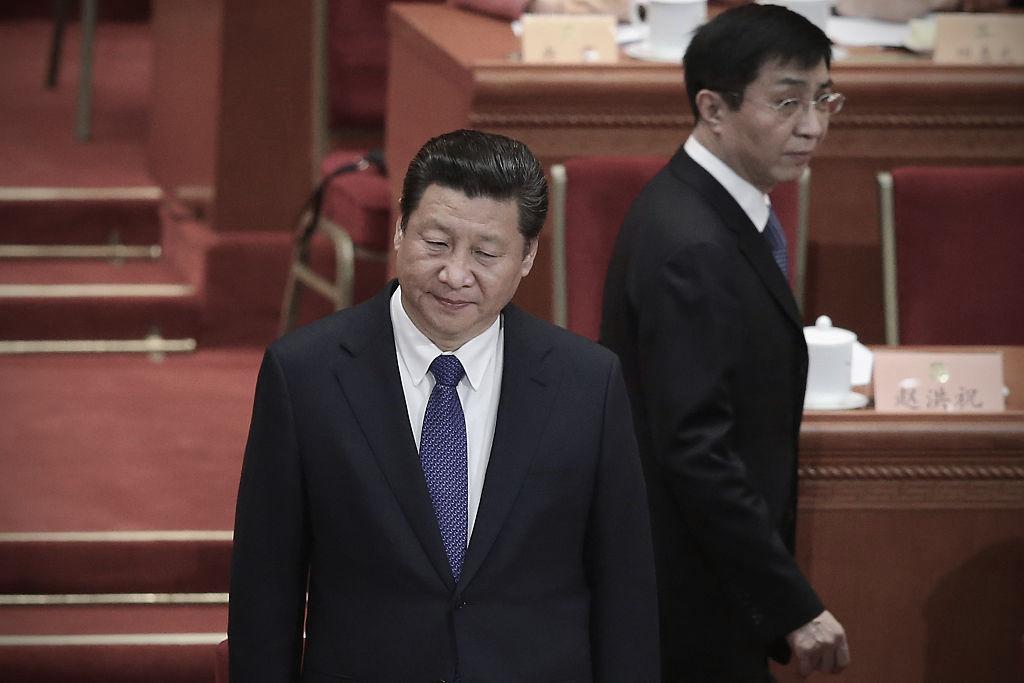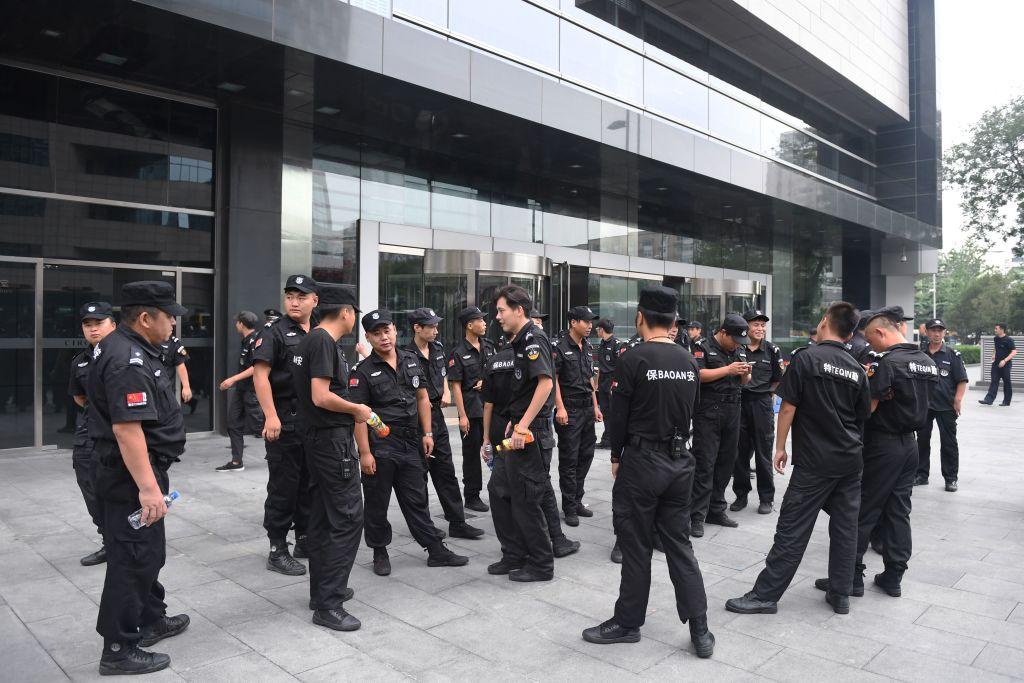WASHINGTON—In a sign of the significance with which Congress now regards matters relating to China, more than 20 members of the House of Representatives attended a recent Committee on Foreign Affairs hearing, making statements and asking probing questions.
While part of the hearing focused on past relations, the urgent question was about how the United States should deal with today’s China.




